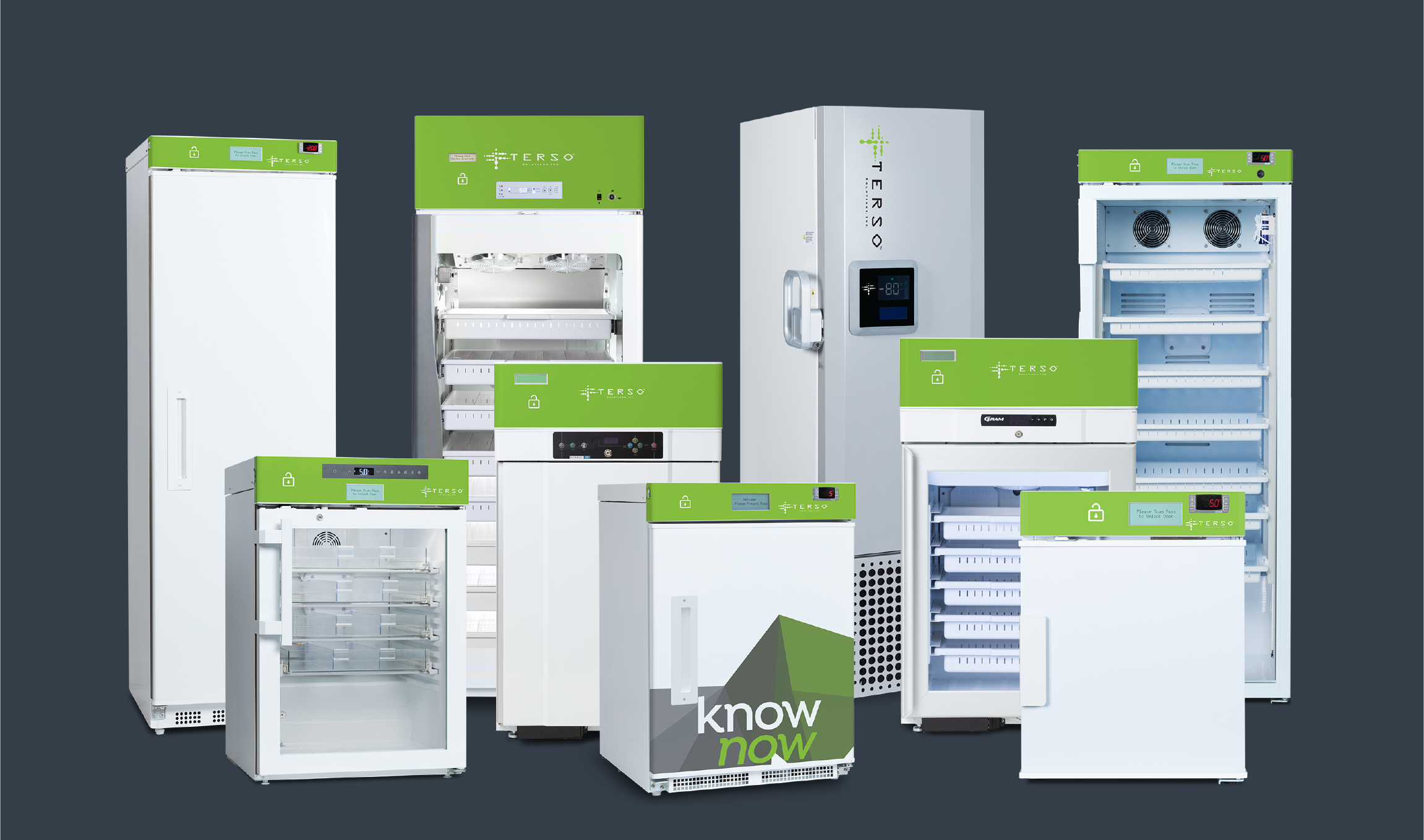The landscape of specialty pharmaceuticals is evolving at a rapid pace, driven by demographic shifts, technological advancements, and increasing global health challenges. As the world’s population ages and chronic illnesses proliferate, the demand for high-value specialty medications continues to surge. This article explores the growth, opportunities, and complexities within the specialty pharma sector, highlighting key innovations and challenges that define its trajectory.
The Growing Need For Specialty Pharmaceuticals
The demographic shift towards an aging population, coupled with lifestyle-related chronic conditions, underscores the critical role of specialty pharmaceuticals in modern healthcare. Diseases like cancer, rheumatoid arthritis, and multiple sclerosis require specialized treatments that are not only effective but also complex and costly to produce and distribute. According to projections, the elderly population aged 65 and over is set to double globally within the next three decades. Alongside the rise in diseases linked to sedentary lifestyles, this trend presents significant challenges that specialty pharmaceuticals address.
Driving Innovation in Healthcare
Specialty medications represent the best of pharmaceutical innovation, offering new therapeutic approaches that promise not just treatment but potential cures for once-debilitating conditions. This sector has seen substantial growth, fueled by significant investments in research and development. The result is a pipeline filled with promising new drugs designed to enhance patient outcomes and quality of life.
The complexity of these medications, however, leads to unique obstacles, particularly in logistics and regulatory compliance. Many specialty drugs require stringent temperature controls throughout their distribution chain to maintain efficacy and safety, driving the expansion of cold chain logistics infrastructure.
Challenges and Opportunities Ahead
The rapid growth of specialty pharmaceuticals brings both opportunities and challenges to stakeholders across the healthcare continuum:
- Temperature Management: Approximately $300 billion worth of specialty pharmaceuticals will require refrigerated storage and transport in the coming years. The need for precise temperature control underscores the importance of robust cold chain logistics and innovative technologies such as RFID-enabled tracking systems.
- Regulatory Compliance: Strict regulations, including those enforced by the FDA and the requirements of the Drug Supply Chain Security Act (DSCSA), pose considerable compliance challenges. These regulations mandate electronic tracking and tracing of pharmaceuticals to safeguard against counterfeit products and ensure patient safety.
- Technological Innovations: Advances in digital solutions like cloud-based inventory management systems and IoT-enabled sensors offer real-time visibility into drug shipments, enhancing supply chain efficiency and reducing operational risks. These technologies not only improve compliance with regulatory standards but also optimize inventory management, bring visibility across the supply chain, and mitigate the risk of medication errors.

Embracing Technology
As specialty meds continue to grow and cold chain logistics increase in both significance and complexity, it’s important to ensure that your organization is ready. To navigate these challenges successfully, pharmaceutical manufacturers, distributors, and healthcare providers must embrace new technology. A fully connected, smart inventory management system that integrates with regulatory requirements like the DSCSA can streamline operations, improve traceability, and ultimately enhance patient safety.
Such systems provide stakeholders with real-time data on inventory levels, temperature conditions, and expiration dates, ensuring medications reach patients in ideal condition.
Simply put, RFID (Radio Frequency Identification) technology can save healthcare organizations time and money by providing real-time visibility, traceability, expiration management, temperature control, and location data for high-dollar inventory, including specialty drugs.
RFID enclosures can also play a major role when it comes to tracking, tracing, and storing pharmaceuticals, especially those deemed high security risks or drugs that have special controls as to whom can access the medication.
In many cases today, the check-in and check-out of these drugs is documented manually. RFID-enabled enclosures that track who checked out a medication, and when, can provide secure and documented access to high-risk drugs. Using secure access, each inventory transaction is automatically captured and processed in real-time. The resulting data can be analyzed to track product usage, improve workflows, and make better business decisions going forward.
Looking Ahead
The specialty pharma sector stands at the forefront of healthcare innovation, driven by the need to address complex medical conditions and improve patient outcomes. As this sector continues to grow, stakeholders must prioritize investments in technology and compliance to meet evolving regulatory demands and patient needs. By embracing new solutions and collaborative strategies, the specialty pharma industry can build on its momentum to deliver transformative therapies and ensure sustainable healthcare delivery worldwide.
In summary, the future of specialty pharmaceuticals hinges on scientific advancement and a commitment to enhancing patient care. By navigating these challenges with innovation and foresight, stakeholders can pave the way for a robust and more resilient healthcare ecosystem.









